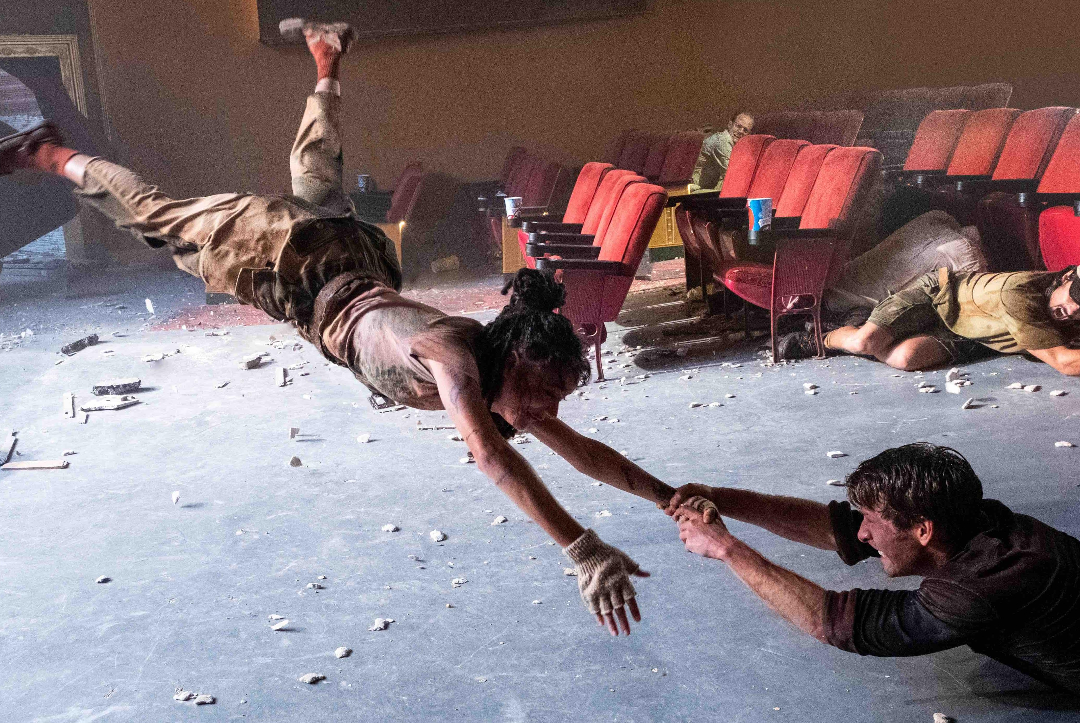The 1996 movie Twister contains a memorable moment of bovine elevation. As a powerful pair of tornadoes touch down, a cow suddenly flies across the screen. “Cow,” says Jo (Helen Hunt). “We got cows,” says a passenger. Moments later, a cow again flies past. “Another cow,” says Jo. “Actually, I think that was the same one,” remarks Bill (Bill Paxton).
The infamous scene comes from a self-aware romantic comedy about the destructiveness of tornadoes and the limited ability of science to control their power. As we have learned from the COVID-19 pandemic and the effects of climate change, humans are hardly masters of the universe. Yet Twister’s acknowledgment of our collective limitations seems both quaint and refreshing.
If the news media have reported on this year’s Los Angeles fires as though they were producing a disaster movie, big-budget blockbusters themselves reflect a changing perspective in American society on such disasters. Remakes and sequels are especially helpful in tracking those shifts, since they provide us with similar narratives but from different cultural times.
When Twister finally spawned its own sequel last year, in line with the insatiable Hollywood appetite for consuming its own past, it became the vehicle for a new take on natural calamities, one that complacently suggests we can overcome them with simple human effort and ingenuity.
Twister gives us a sense of how Americans viewed natural disasters at the time when Mike Davis wrote his celebrated essay “The Case for Letting Malibu Burn,” which has deservedly…
Auteur: Merle Eisenberg

